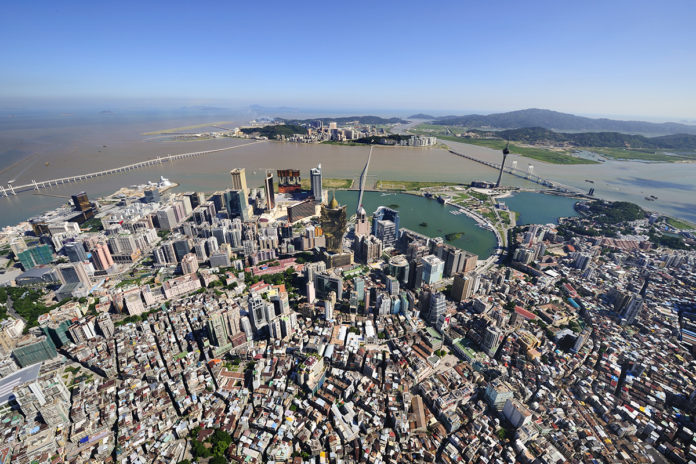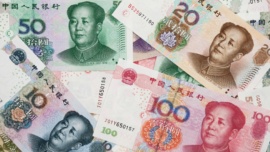Is Macau’s economy ‘the worst economy in the world?’ This is the thesis defended by Pingping Lu, from the School of Economics of Jinan University, in Guangzhou. Pingping Lu is the sole author of a research paper published this year in the American Journal of Industrial and Business Management titled ‘Study on the moderate diversification of industrial structure in Macau’, in which he states that when gambling revenues fell for nine consecutive months from 2014 “Macau’s economy has been in severe trauma and has become the worst economy in the world”. The culprit for this situation? The gambling industry. And the author presents his research because “it is the best time to recognise and examine the existing growth model and the crux of the dilemma of economic diversification, to stipulate the development direction of the economic and implementation path of economic diversification, and to develop a comprehensive breakthrough strategy while Macau is facing the worst economic downturn moment”. To Pingping Lu, there’s no alternative, saying: “The moderate diversification of Macau’s economic and industrial structure is not only the key method to resolving the crisis of economic downturn, but also the necessary way to sustainable development of the Macau economy” Again, the author blames the gaming industry for this weakness. He explains, based on the appliance of a theoretical model, called the Industrial Gini Coefficient, that “the gambling industry lacks the characteristics of ‘embeddeness’ and ‘correlation effect’ and cannot promote economic sustainable development” or “will not be conducive to the sustainable development of the Macau economy”. Pingping Lu enumerates four arguments in support of the idea of the “necessity of the moderate diversification of industrial structure in Macau”: the firmly fixed gambling monopoly competition position, strong dependence upon foreign capital, the competition situation, and the future of the gambling industry and what he describes as “single source structure, serious Mainland”. He goes on to explain that: “Macau not only lacks life resources and needs to rely upon the supply of Mainland China; gambling industry development also needs Mainland China as a strong backing. The Macau gambling industry’s largest source is Mainland tourists, followed by Hong Kong and Taiwan”. The greater the degree of Mainland dependence, “the risk of Macau’s economy will continue to increase”. Pingping Lu warns of the dangers of “very strong dependence upon international capital”. To this author, “so far there’s no economy in the world which relies upon foreign capital to cultivate their internal development factors and get a great success. International capital is not a charity”. To achieve a moderate diversification strategy for Macau’s industrial structure (a “large and complete” industrial structure is not possible locally), this paper proposes five steps: 1) Developing a moderately-diversified economic structure of ‘pillar industry combination (we can cultivate emerging industry [cultural and creative industries, exhibition industry] and gradually replace the current gaming industry as a new leading industry); 2) Promoting the longitudinal diversified development of the gaming industry to inject new elements and vigour into the overall economy (How? Using the gaming industry such as the development of hotels, commerce, meetings, exhibitions, culture, entertainment and other non-gaming tourism industries); 3) Promoting the development of a cultural creative industry to inject new impetus into the growth of Macau’s economy (Pingping Lu pointed out the promotion of the development of Macau’s overall economy through co-operation among enterprises in Guangdong, Hong Kong and Macau); 4) Reasonably developing the convention and exhibition industry to strengthen Macau’s attraction to the world (the author states that we can enhance Macau’s attraction to the world by reasonably developing the convention and exhibition industry); 5) And lastly, strengthening the efforts for supporting micro, small and medium-sized enterprises and bringing the enthusiasm of micro, small and medium-sized enterprises in moderate diversification of industry into full play as Pingping Lu thinks that “the major enterprises for moderate diversification of Macau’s economy are local enterprises”. This will facilitate the development of Macau’s economy “but also is related to the stability of society”. Business Daily has contacted Pingping Lu in order to clarify some of his statements, but the author declined, saying he has no time to answer, mainly because he is busy on his graduation thesis, and for “personal reasons”.
—
























